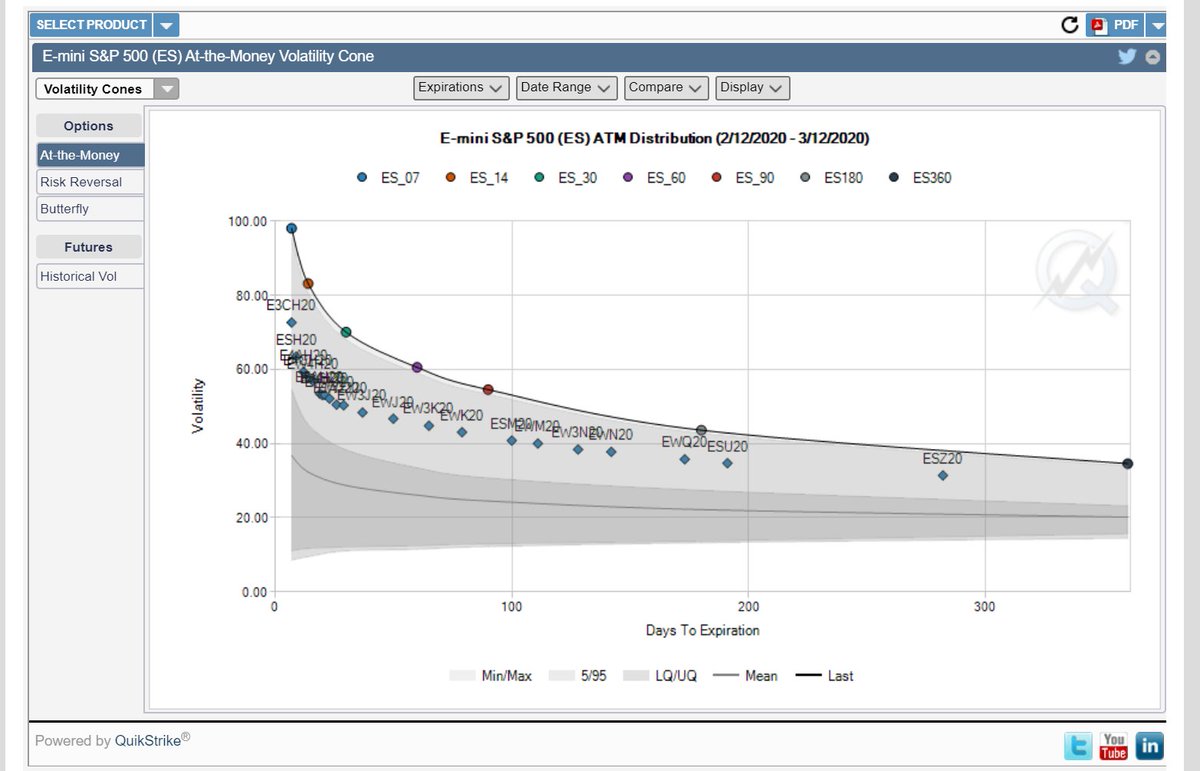
I often say to grad students: a reasonable thing to aim for in grad school is ~2-3 essentially complete and posted papers, alongside your JMP. This often looks like your JMP, plus your 2nd-yr paper, a paper from RA'ing for a faculty, or from working with classmates
Of course, some people get top jobs with only one very, very good paper. This is very risky though - you don't know ex-ante whether your paper will be very good! Most schools care about productivity, so having a couple of completed papers helps
Even if the papers are not change-the-world papers. Also, it exercises your paper-writing muscle. Not everyone comes into grad school ready to write ECMA's!
One "mistake" I sometimes see is some students don't take the 2nd year paper seriously enough. That's basically your only big milestone other than your JMP, so if all the time you put into the 2nd year paper doesn't produce a draft, that's a pretty big time sink
Another mistake, ironically, is taking field class paper requirements too seriously. If you take 3 field classes a quarter, 3 quarters, that's 12 papers! There's no way you can write a different one for each class
IMO, you should treat field class papers essentially as a constraint satisfaction problem, rather than an optimization problem. If a paper you plan to include in your portfolio fits the class requirement, even at a big stretch, great, include that
If not, do literally the minimal job you have to do to pass the class. I see some students basically spending 2 months putting together class projects and dropping the thing thereafter, which is like, how is this going to help you on the job market?
Basically, the goal of these class projects is to HELP you build the 3-4 paper portfolio. If you feel like the project is actually distracting you from the portfolio, you're doing it wrong
It is very unlikely, IMO, this will be held against you. For the simple reason that nobody will really remember you. A good paper presented eventually overwrites most ppl's memories of shoddy papers in the past
Another thing is, you should start writing your JMP, IMO, approx. as paper number 2 or 3: when your paper numbers 1 and/or 2 are moving smoothly. The reason is that your first JMP attempt may not work. And that might accidentally generate another paper.
If you write 5 papers before starting your JMP and you take 3 tries to find a good JMP topic, you end up with 8 papers, and... that's a lot of papers
Overall, IMO, the optimal stopping point is above 2 papers, but below something like 5-6. There are big diminishing returns past the 5th paper. You just don't have that much time and paper quality always suffers. 4-5 good papers > 10 shoddy or unoriginal papers
Especially since you don't have a great idea what is actually publishable: some people end up writing 10 things that look like papers but would never publish
(If you can write 10 good papers in grad school you are a genius and have no business taking advice from common folk like me)
Another strat that I've found can work: if you have an "orphan" project that isn't highest on your priority list, but you think is a solid project, consider coauthoring with a lower-year student. An OK JMP can be a great second-year paper
Your junior gets the benefit of your advice and guidance
You get the benefit of your junior's labor :)
You get the benefit of your junior's labor :)
Conversely, early in grad school, schmooze with your upperclassmen, be diligent, look for these kinds of opportunities, especially with students that are doing well
This could look like:
Upperclassman: I wonder what a model of X would look like
You (2 days later): Wrote that and solved it, here are some CS
Upperclassman: Wonder what the effect of X on Y is
You: yo, I just pulled ACS data and ran some regressions on it, what to do next
Upperclassman: I wonder what a model of X would look like
You (2 days later): Wrote that and solved it, here are some CS
Upperclassman: Wonder what the effect of X on Y is
You: yo, I just pulled ACS data and ran some regressions on it, what to do next
etc. etc., anyways just have a "playmaking" kind of mindset
IMO, upper-lower class coauthorships, or working with junior faculty, works well since there's a natural apprenticeship kind of relationship. The junior does a bit more of the work, and learns from the senior in terms of planning/project direction/etc
a bunch of 2nd years working together sometimes has the issue that nobody knows what a paper should look like, so it's kind of blind leading the blind
That said I've seen it work: just my personal $0.02
That said I've seen it work: just my personal $0.02
Anyways the point of this advice is to create a portfolio which has upside, but also limited downside. With 2-ish finished papers in 3rd year, you set yourself up for writing a great JMP. But if you write just an OK JMP, you're still a good candidate for solid but not top places
I felt relatively comfortable taking bigger risks in 3rd year knowing I had some solid stuff which would probably get me a job somewhere, and I think that helped a lot in doing a JMP on a rather risky topic
I think "productive but risk-taking, bounded downside, potentially big upside" also looks good on the market: worst case is not too bad, best case is very good
• • •
Missing some Tweet in this thread? You can try to
force a refresh



